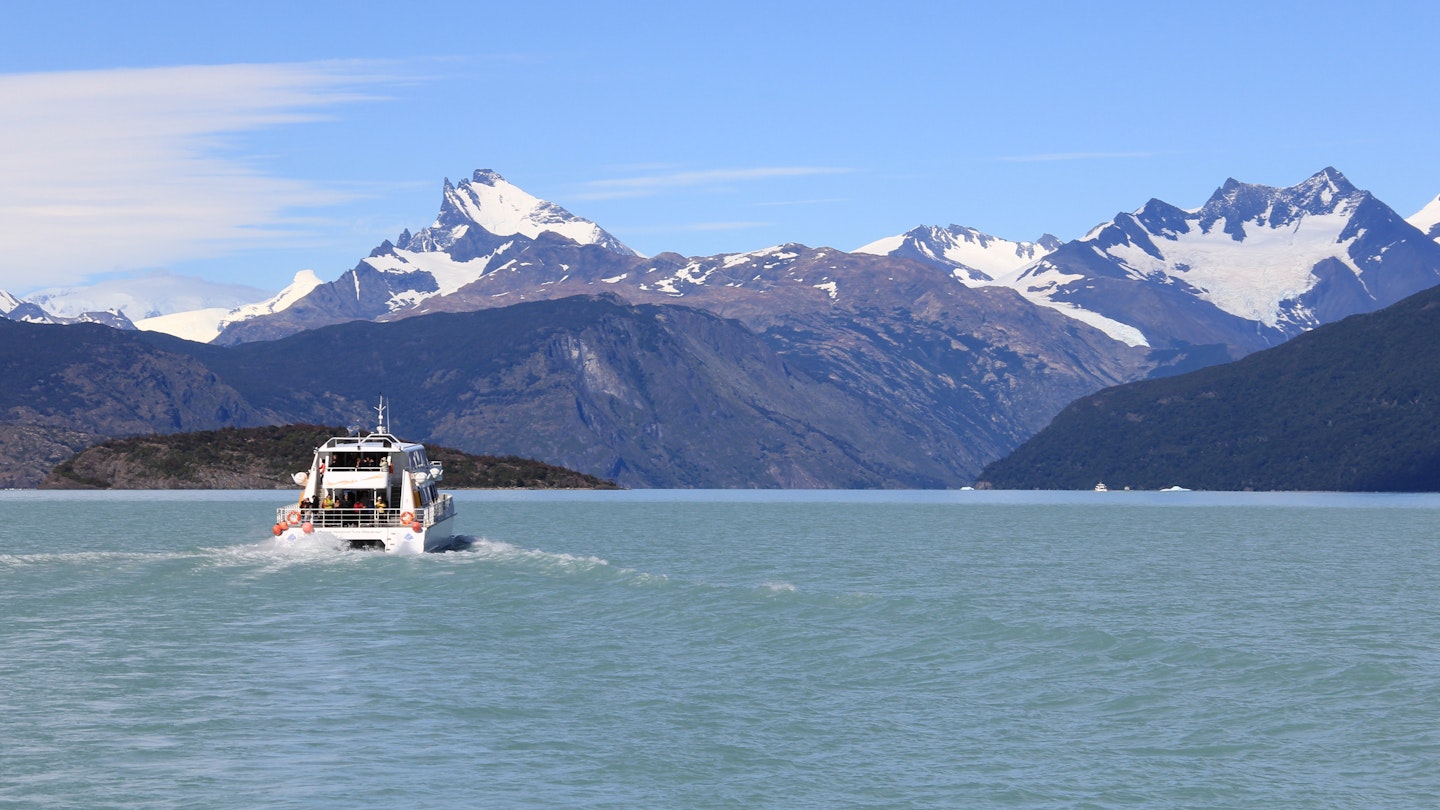Getting Around Patagonia: A Comprehensive Guide
In the vast region of Patagonia, numerous transportation options await travelers. The towns within Patagonia are well connected through a network of buses, along with frequent flights to larger towns from the capital cities of both Chile and Argentina. For those seeking flexibility, exploring Patagonia by car or bicycle is a popular choice.
It’s essential to recognize that Patagonia is a vast and sparsely populated region filled with mountains, glaciers, and pampas (grasslands). Any journey here poses logistical challenges and requires meticulous planning. Since the various attractions are widely dispersed, and considering what you plan to do significantly influences your route, here’s a detailed overview of navigating Patagonia by air, bus, boat, bicycle, and car.
Traveling by Air: A Time-Saver
Local flights can be invaluable for covering considerable distances efficiently. In Chile, domestic flights are offered by Sky Airlines and JetSmart, while Argentina is served by Aerolíneas Argentinas, Andes Líneas Aéreas, and LADE. LATAM operates flights in both countries.
Main Flight Routes
In Chile, direct flights are available from Santiago and Puerto Montt to Coyhaique (the largest town in northern Patagonia), Punta Arenas, and Puerto Natales in southern Patagonia. Punta Arenas also offers short flights to Porvenir in Tierra del Fuego, along with connections to Puerto Williams, considered the southernmost settlement in the world. Buenos Aires in Argentina is well connected to various popular Patagonian destinations, including El Calafate, Esquel, and Ushuaia. However, there are no direct cross-border intra-Patagonian flights.
Along Chile’s Carretera Austral, local airlines like Aerocord provide connections between Puerto Montt, Chaitén, and Melinka in a weather-dependent manner.
Cycling: Fun Yet Challenging
Exploring Patagonia by bike can be an exhilarating yet demanding experience. Cyclists should be ready for unpredictable weather conditions, including fierce winds—especially in southern Patagonia—and rain at any time of year. The bright side is that motor traffic is light outside of urban areas, often granting cyclists open roads. Keep in mind to account for small fees to transport bikes on boats and ferries, while buses typically accommodate bikes in their luggage compartments.
Cycling Tips
Having a touring bike equipped with good tires and a repair kit is essential. A durable, all-season tent is also advisable since distances between towns can be substantial, necessitating wild camping. Punctures are common on unpaved roads, and while most towns have bicycle repair shops, they may be limited along the Carretera Austral, with Coyhaique being the primary location for repairs.
Boat Travel: An Epic Adventure in Southern Chile
Southern Chile, characterized by a long, convoluted coastline and vast glacial lakes, presents many opportunities for boat travel. However, ferry services are limited outside of high season and are subject to weather conditions. It’s wise to purchase tickets, including those for car ferries along the Carretera Austral, ahead of time during the peak months from December to February. If you’re traveling during off-peak times, arriving at least an hour before departure is recommended.
In Argentina, boat travel is restricted to specific areas, such as taking a boat across Lago del Desierto near El Chaltén to access a hiking trail leading to the Chilean border post at Candelario Mancilla, and then transferring across Lago San Martín/O’Higgins to Villa O’Higgins in Chile.
Unique Boat Experiences
If time permits, one unmissable experience is sailing aboard the Navimag ferry from Puerto Montt through the southern fjords to Puerto Natales. This four-day journey traverses through a maze of islands and glaciers, often providing sightings of dolphins and whales. Conversely, in Ushuaia, consider a thrilling crossing to Isla Navarino, which involves navigating potential weather challenges across the Beagle Channel.
Bus Travel: Affordable Long-Distance Journeys
Long-distance buses in Chile and Argentina rank among the most comfortable and cost-efficient travel options available. Most towns have well-organized bus stations—though this can vary—featuring amenities such as restrooms and food kiosks.
In Chile, major bus companies like TurBus and Pullman operate in southern Patagonia, offering online ticket purchasing options. In Argentina, travelers can book their bus tickets through various reliable websites. However, be mindful that long-distance routes crossing from Patagonia into Chile and back will not stop at Argentinian destinations.
Making Bus Reservations Wisely
It’s critical to make reservations during peak travel seasons, such as holidays and weekends. While there are well-established bus connections during peak season, the frequency of services declines significantly in the off-season, particularly on routes like Argentina’s Ruta 40.
Renting a Car: Maximum Flexibility
Driving through Patagonia grants the most freedom, allowing travelers to explore remote national parks and attractions along picturesque roads. While a 4WD is not necessary for traveling main routes, selecting a vehicle with high clearance is recommended, particularly for unpaved roads.
You’ll find international car rental companies at airports and within towns throughout Patagonia. Often, local rental services may offer more competitive rates. When renting a car, typically, a driver’s license from your home country will suffice. Be aware of potential one-way rental limitations and fees, and ensure to purchase mandatory insurance.
Tips for Driving Remote Routes
Travel with a spare tire and basic repair tools, as phone coverage can be nonexistent outside of towns.
Fuel up at every available gas station.
Carry sufficient food and water supplies, along with a good sleeping bag.
If exploring Tierra del Fuego, be ready to carry extra fuel, as gas stations can be scarce.
This guide aims to assist you in navigating the stunning landscapes of Patagonia effectively. With the right planning and preparation, your journey through this breathtaking region can be both enjoyable and unforgettable!





